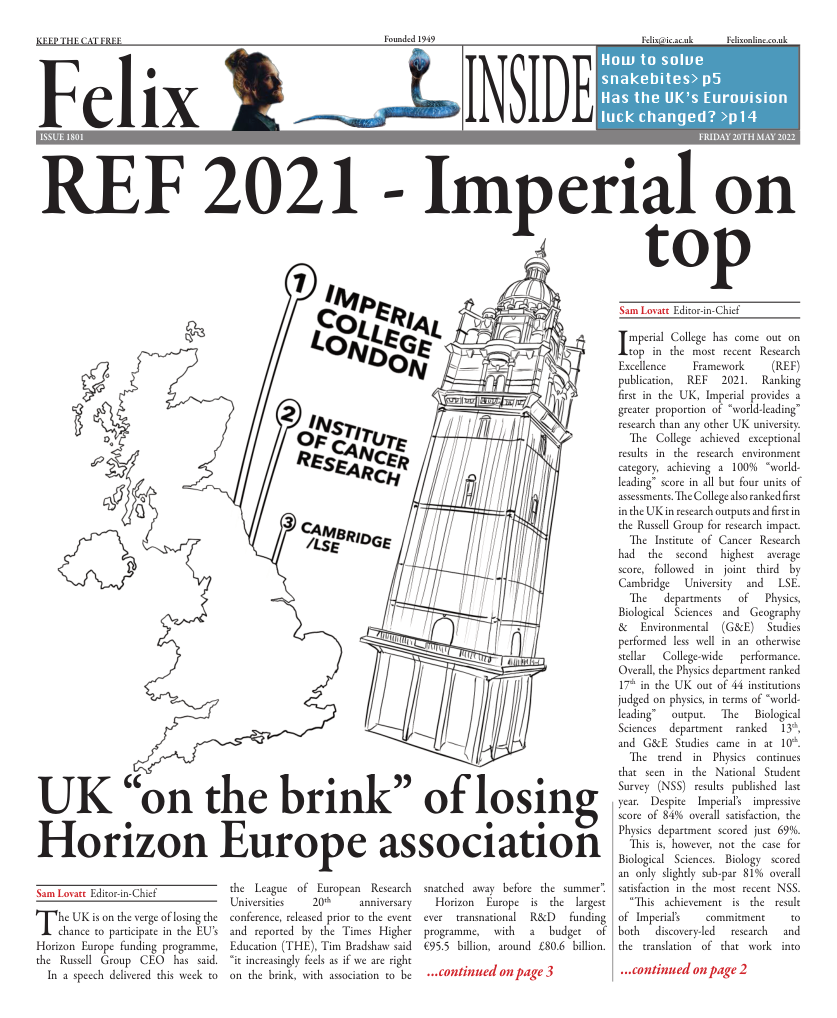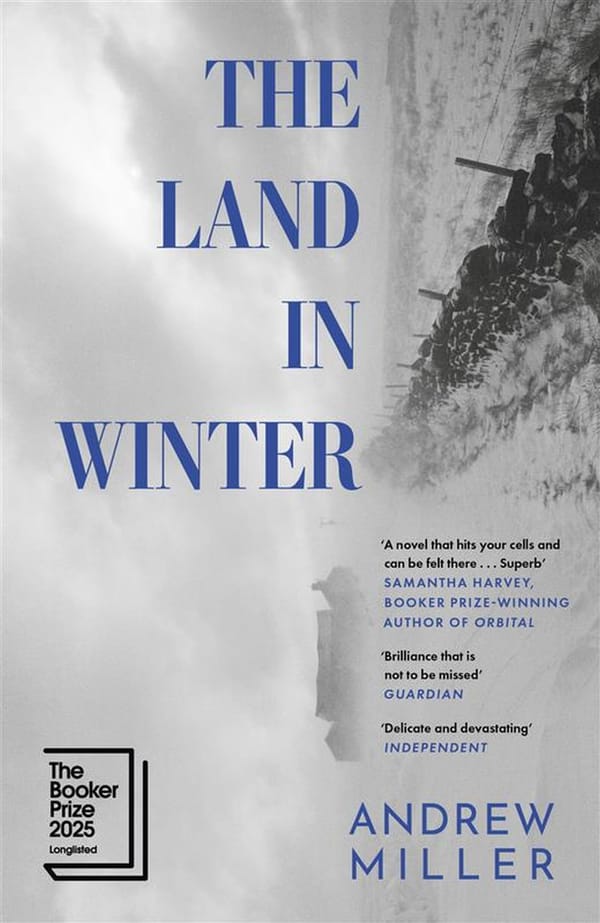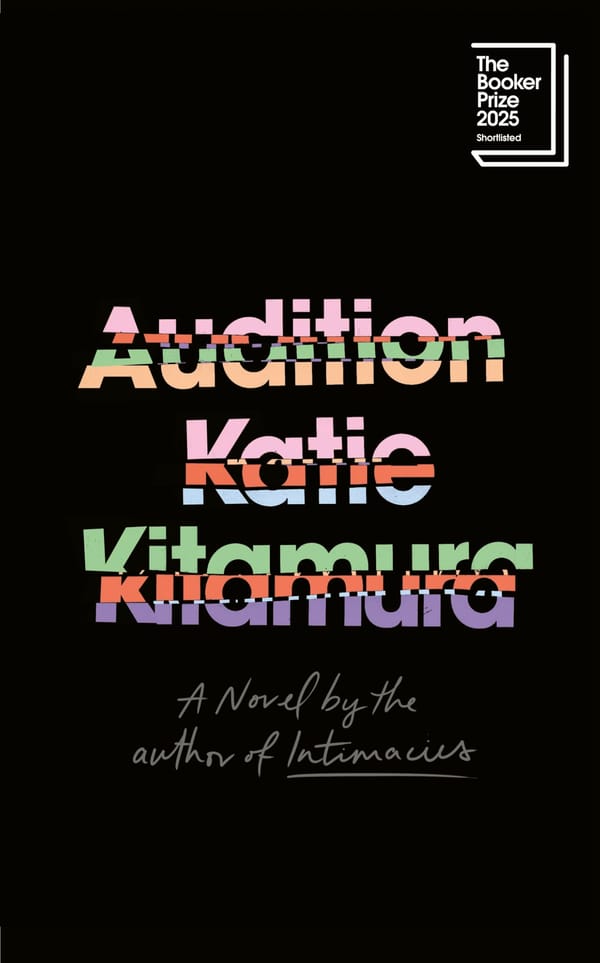Eurovision cycle of shame finally broken?
Has Sam Ryder broken the UK's Eurovision curse?

As countries within Europe (plus rogue Australia) line up to fight for the glory of ‘best song’, viewers at home split. Some throw a themed party in celebration; others attempt to ignore the monopoly on the TV schedule.
Yet in recent years, fan or no, we have all cringed in shame as the UK failed again and again to shake their losing streak.
In shock over the weekend, having prepared to face the fate of the previous year – last place – viewers switched back over to the Eurovision Song Contest as Sam Ryder rose to the top of the leaderboard.
Competing with his song ‘Space Man’, Sam Ryder rose through the ranks to become a Eurovision star as well as a Tik Tok one.
First discovered on Tik Tok during the Covid lockdowns, Sam Ryder became the most followed UK artist on the platform. This success translated into a record deal and a sold-out tour of his first album. His classic pop-rock paired with his charisma and ‘God of Thunder’ style brought great interest and he was soon proposed to be this year’s entrant for the contest.
In a stunning turn of events during the final, viewers watched as National Jury votes sent the UK to first place over the anticipated winners - Ukraine. Even the hosts of the show appeared shocked; in the 2021 final, the UK’s John Newman came last with zero points awarded from the juries and the public.
For those of you who are yet to experience the process of revealing votes within the competition, the mocked hour-long process builds anticipation as the ranking of the 25 countries shifts with every set of results. The Jury results come first as experts across the nations give their verdict, then the public’s voice is added to fray.
Leading up to the last minute, Ukraine gained a sudden surge of voting from the public to reach a well-deserved 1st place. Despite this, the runner up UK delegation looked ecstatic with their 466 points, as Space Man had launched them past all the other contestants and into orbit. There is hope for the future, and now we know that it’s possible to reach such heights.
With sudden success after so many years of losses, has the solution been found in mimicking such a performance again?
Perhaps, but maybe the secret does not lie in the type of song or the social media fame of the artist but instead in the perception of the nation sending our entrants. After all, UK entrants used to do well, commonly coming in the top three spots and even winning on multiple occasions.
In the 1990s, record labels stopped putting forward their stars to represent the UK, thinking that the contest was outdated. It was only then that we sank to the bottom of the scoreboard. So, perhaps we created our own downfall. We decided not to send well-known artists and in turn our results plummeted so that no-one wanted to send any more stars. A poisoned cycle of our own making, resulting in disdain for the competition and fear that competing could ruin careers.
All it took was a change in perception, attributed to a young Italian rock group that toured the world following global success at Eurovision. Måneskin rose to fame following their win at the 2021 Eurovision Contest. They appear to have set the bar for future acts and lit a spark in countries who had forgotten the importance and joy of Eurovision.
Sam Ryder may have finally paved the way for the UK’s joy and pride in Eurovision to blossom again.









